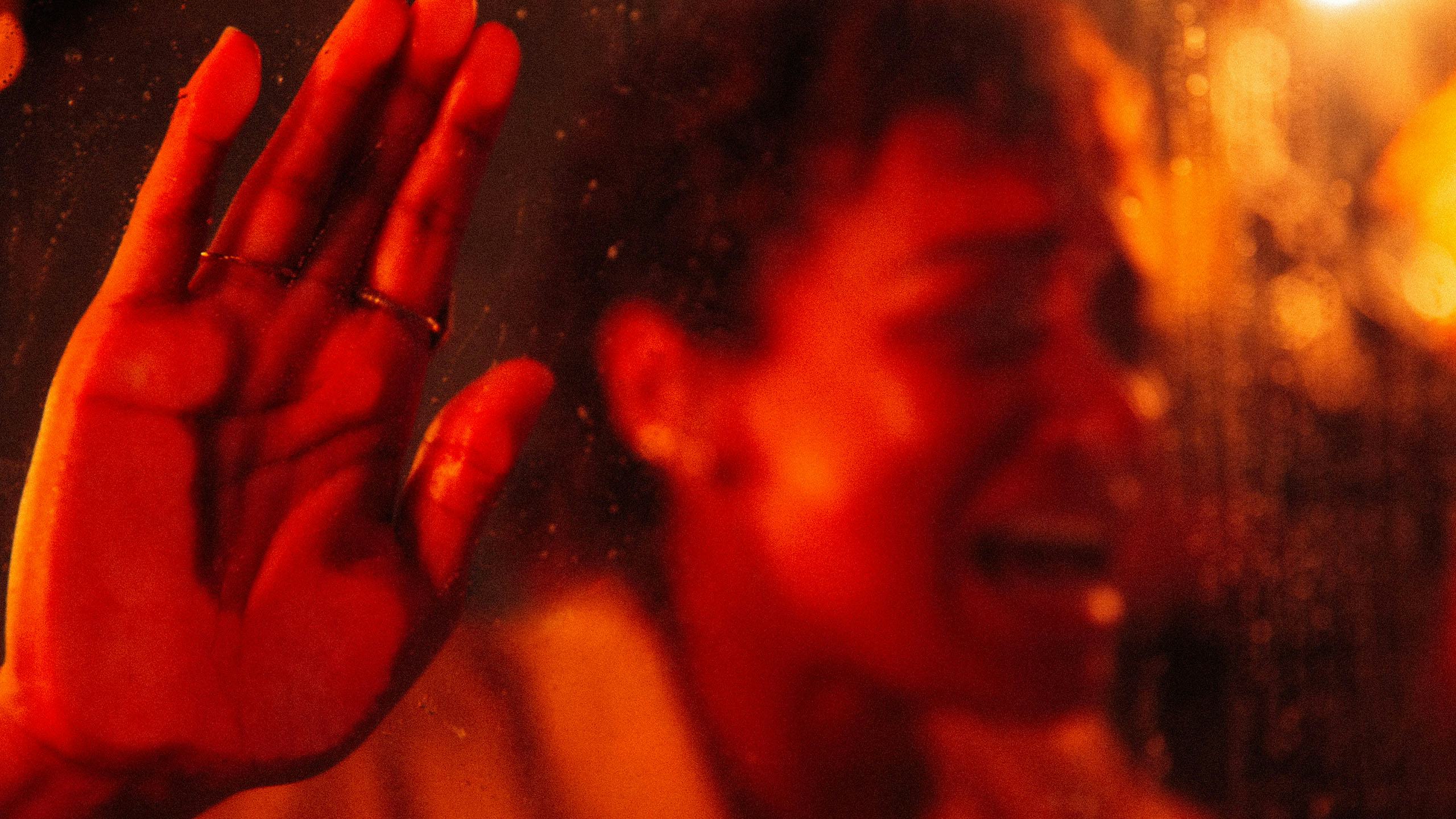
Ghost stories are one of mankind’s oldest traditions, and every culture has its ghosts.
The Romans told ghost stories. Georgian-era Brits told ghost stories. Boy Scouts huddle around campfires, faces sticky with s’mores, and tell ghost stories. The movies still tell ghost stories, too, even when ghosts don’t mesh with current horror trends: The Power, The Banishing, Things Heard & Seen, The Queen of Black Magic, The Black Phone, Umma.
Talk to Me, the first feature from the brothers Philippou, Danny and Michael, founders and operators of the Youtube Channel RackaRacka, is a ghost story for the TikTok era. The Philippous funnel their frenetic energy and fondness for gruesome humor into a riff on the social games that serve as one of the platform’s cornerstones. Visitations from beyond the grave are captured on smartphones and uploaded to social media, to the amusement, and incredulity, of eager followers.
Where Talk to Me excels is in experience and sensation.
Think of this basic conceit as a “spirit possession” challenge: Take a seat, get strapped to your chair, shake hands with a disembodied plaster hand, and recite the film’s title: Talk to me. When Mia (Sophie Wilde), an outsider staring down the two-year anniversary of her mother’s death, tries the stunt for herself, she’s horrified, and then hooked. The moment she speaks the phrase, a waterlogged woman appears in front of her; the moment she speaks the next phrase, “I let you in,” the possession starts. It’s all in good fun. Hayley (Zoe Terakes), the hand’s owner, times these hijinks out for 90 seconds a whack, while Joss (Chris Alosio), her partner in awful supernatural decisions, ends the ritual with no harm done.
But there’s a catch. Actually, there are several. The least of anyone’s concerns are the vague rules surrounding ghosts’ behavior: Can they read the minds of people they possess, can they lie, can they take on appearances besides their own? Hayley and Joss don’t know. They got the hand from a friend, whom the audience sees stabbing himself through the face at a rowdy party in Talk to Me’s prologue; the friend got it from someone else, who got it from yet someone else in a chain of custody linking back to the lonesome wrist of a long-dead psychic.
The bigger concern is the 90 second limit; possessed persons absolutely should not go over, or else. Again, no one knows what “or else” means, but Talk to Me hints at how bad “or else” can get during Sophie’s first possession, where doors open and close on their own and the wraith occupying her body menaces Riley (Joe Bird), little brother to her best friend Jade (Alexandra Jensen). Sophie goes over. Suddenly, she starts seeing specters every which way she looks, which would be tolerably bad if it was the only consequence of ignoring the rules.
It isn’t, of course, but Talk to Me delights in making the audience squirm in anticipation of what other terrors await Sophie and her doomstruck friends. Sundance placed an age verification prompt on the film in the festival’s online screening room, with content warnings about extreme gore — except that Talk to Me isn’t a splatterfest. Occasional moments of shocking violence cut through mounting dread, but mounting dread is the main event; rather than decorate sets with theatrical blood, the Philippous hold viewers quaking in the palm of their hand, waiting for the next malformed soul to rear its ugly head in a bathroom mirror.

The prevalence of ghost stories across centuries and civilizations tells us that people love scaring off their own pants. But ghosts are fabulous vessels for history, too. Talk to Me functions as a document of viral fixation, where no matter how dumb an idea sounds on paper, people will try it if it’s communicated via handheld videography — whether that be boiling chicken in NyQuil, ascending a milk crate pyramid, or eating cereal out of someone else’s mouth. Horror movie characters make questionable choices all the time. Talk to Me insulates itself from the trope with unquestionable reality; using an evil artifact to attract angry phantasms seems infinitely less idiotic than gluing vampire fangs to your teeth.
Talk to Me keeps that commentary strictly as subtext, a welcome bit of restraint in today’s market for horror films packed with over-determined allegories. Instead, the film throws together a sack of metaphors: Grief response, teen drug use, and “trauma,” the current hot motif for a genre for which trauma is foundational. But those metaphors don’t cohere, and for most of the film, greater meaning eludes Talk to Me.
Where Talk to Me excels is in experience and sensation. There’s athleticism to the Philippous’ craftsmanship, giving the film momentum even when they slow the narrative down so anxiety can set in. The brothers like their gimbal camera movement systems: Possessed characters snap their heads back with their eyes immobile and skyward, but the camera follows the arc of their bodies as they’re unceremoniously flung from their chairs and onto the floor. We feel the impact of their combined weight crashing down like stone from a trebuchet.
Where it stumbles is in the absence of self-editing. This is a film begging to be pared down, where putting confidence in the possession challenge itself without editorializing would have done marvels for the effect the Philippous achieve with their aesthetics.
Still, Talk to Me’s efficacy in doing what horror is supposed to do — spook the audience into sleeping with the lights on — is hard to resist.
Talk to Me premiered January 22 at Sundance.







